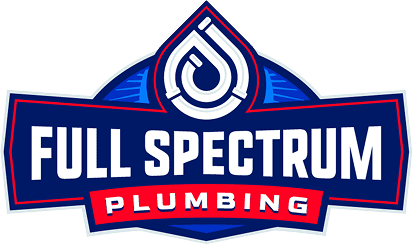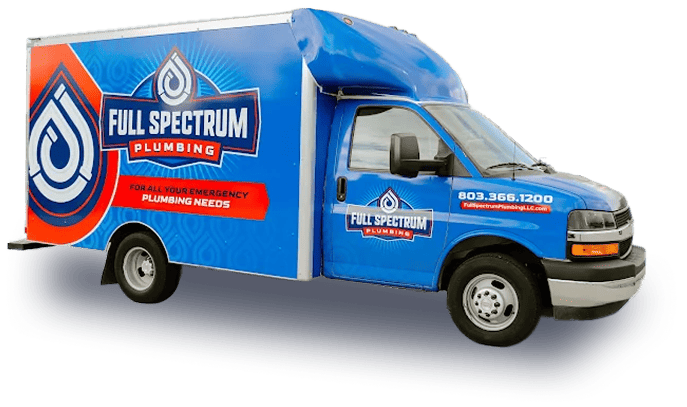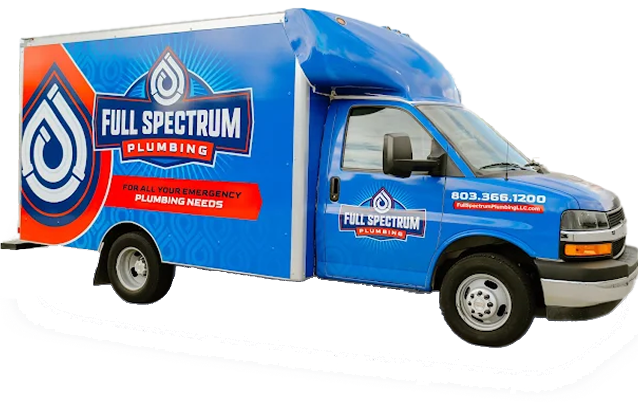Proudly Serving Rock Hill and Surrounding Areas
Exploring How Water Quality Impacts the Longevity of Your Water Heater
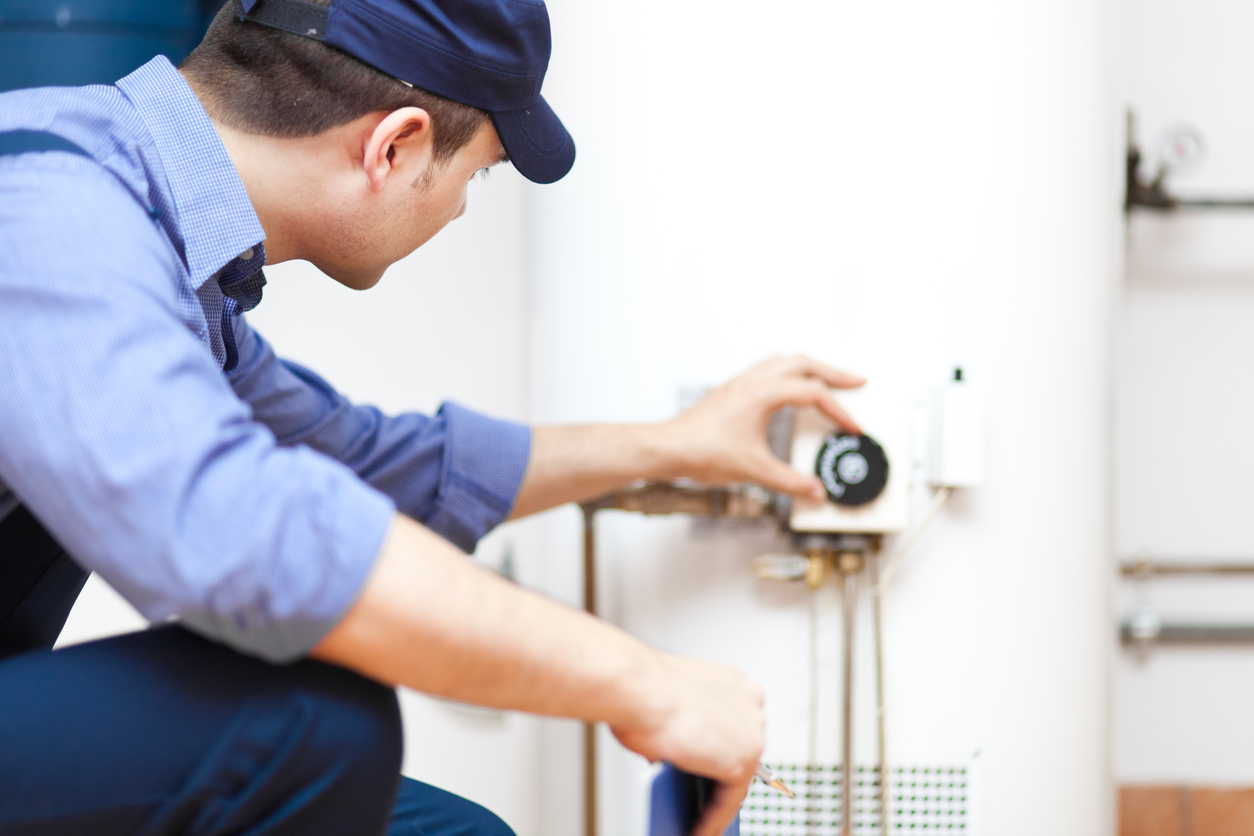
Water heaters are a vital part of any household, providing hot water for showers, dishes, laundry, and more. But did you know that the quality of your water can greatly impact the lifespan and efficiency of your water heater? From hard water deposits to high levels of sediment, the type and quality of water in your area can determine how often your water heater needs maintenance or even how soon it might require replacement. Here’s a guide to understanding how water quality affects your water heater and how you can take steps to extend its lifespan.
How Does Water Quality Affect a Water Heater’s Lifespan?
Water quality plays a significant role in the longevity of a water heater. Water heaters are designed to work under specific conditions, and when water quality strays too far from those conditions, the system can start to deteriorate faster. Here’s how poor water quality can affect a water heater’s lifespan:
- Sediment Buildup: If your water contains high levels of minerals, particularly calcium and magnesium, sediment can start to accumulate at the bottom of the water heater tank. This buildup acts as an insulator, making it harder for the heating elements to efficiently heat the water. Over time, this forces the water heater to work harder, leading to increased wear and tear.
- Corrosion: Corrosive water, which typically has a high level of dissolved oxygen or a low pH, can erode the inner components of your water heater. This corrosion can eat away at the tank lining and even cause leaks. While some heaters have protective anode rods to reduce corrosion, the rod itself can corrode and needs periodic replacement.
- Scaling: For tankless water heaters, hard water can cause scaling on the heating elements. This mineral buildup restricts water flow and reduces heating efficiency. Scaling is particularly common in areas with high hard water levels and can shorten the lifespan of a tankless water heater if not properly maintained.
Overall, poor water quality increases the strain on water heaters, reducing their efficiency and lifespan. If you live in an area with hard water or corrosive water, your water heater will likely require more maintenance and may not last as long as it would in areas with softer water.
What Types of Water Cause the Most Wear on Water Heaters?
Certain types of water are more likely to cause damage to water heaters. Identifying the quality of your water can help you take the necessary precautions to protect your water heater.
- Hard Water: Hard water contains high concentrations of calcium and magnesium. These minerals are not harmful to drink but can cause significant problems in a water heater. Over time, these minerals settle as sediment at the bottom of the tank or cause scaling on tankless water heaters. The harder the water, the faster this buildup occurs, leading to decreased efficiency and increased energy bills.
- Soft Water: Soft water is often created by adding sodium to neutralize minerals, which helps prevent scale buildup. However, soft water can also have a corrosive effect on the metal components within a water heater if it contains too much sodium. In areas where water is chemically softened, periodic checks and maintenance are necessary to prevent corrosion-related issues.
- Corrosive Water: Water that is either too acidic (low pH) or too basic (high pH) can corrode the metal parts of the water heater, including the tank lining and heating elements. Corrosive water causes rust and erosion, which can result in leaks and potentially complete failure of the heater. Testing your water’s pH and installing an anode rod can help protect against this damage.
- High Sediment Water: If your water source contains high levels of sediment or particulates, these can quickly accumulate in the tank. Sediment can insulate heating elements, leading to inefficiencies and even causing the heater to overheat as it struggles to maintain temperature. Sediment buildup can also clog the drain valve, making it difficult to flush and maintain the heater.
Knowing your water type can guide you on the best maintenance practices and necessary modifications to extend your water heater’s life.
Can Poor Water Quality Lead to Increased Maintenance Costs for Water Heaters?
Yes, poor water quality often translates to higher maintenance costs. If your water has a high mineral content or is corrosive, your water heater will likely need more frequent attention to prevent costly repairs. Here’s how poor water quality can drive up maintenance costs:
- Regular Flushing: In areas with hard water or high sediment content, frequent flushing of the water heater is essential to remove accumulated minerals and debris. While flushing can help prolong the heater’s life, it requires regular attention and can increase annual maintenance costs.
- Anode Rod Replacement: Anode rods are designed to attract corrosive elements in water, helping to protect the tank lining. However, in areas with corrosive water, anode rods need to be replaced more frequently—about every 1-3 years—adding to maintenance expenses.
- Descaling Treatments: Tankless water heaters in hard water areas often require professional descaling to remove mineral deposits from heating elements. This process keeps the unit running efficiently but typically involves additional costs if performed regularly.
- Premature Component Replacement: With poor water quality, components like heating elements, thermostats, and even the tank itself may wear out sooner and need replacement more frequently. Not only does this add to the maintenance cost, but it can also lead to higher energy bills as the water heater struggles to operate efficiently.
While maintenance can help mitigate the effects of poor water quality, it’s essential to budget for these additional costs if you live in an area with hard or corrosive water.
Are Certain Water Heater Types Better Suited for Areas with Hard Water?
Yes, certain types of water heaters are better equipped to handle hard water and other challenging water qualities. When choosing a water heater for an area with hard water, consider the following options:
- Tankless Water Heaters with Built-in Descaling Features: Some tankless water heaters come with built-in descaling features or filters that can help reduce mineral buildup. Tankless systems are typically more vulnerable to scaling, so these features are especially beneficial in areas with hard water. Look for models specifically designed for hard water environments.
- Glass-Lined or Stainless Steel Tanks: Glass-lined or stainless steel tanks are more resistant to corrosion and are often recommended for areas with corrosive or hard water. These materials help protect the tank from the effects of mineral deposits and acidic water.
- Water Softeners and Pre-Filtration Systems: If you live in an area with hard water, installing a water softener or a pre-filtration system can help extend the life of your water heater by reducing the mineral content before it enters the tank. This is especially beneficial for tank-based heaters where sediment accumulation is a concern.
- Hybrid Water Heaters: Hybrid or heat pump water heaters are generally more energy-efficient and have a higher tolerance for hard water due to their design. They also often come with longer warranties, which can be helpful if you’re concerned about maintenance costs.
Choosing the right water heater type and adding protective features can go a long way in managing the impact of water quality on your system.
Water quality plays a major role in determining the longevity and efficiency of your water heater. Hard water, corrosive water, and high sediment content can all reduce a water heater’s lifespan, increase maintenance costs, and lead to premature component failure. By understanding how water quality affects your heater and choosing the right type of water heater for your area, you can protect your investment and enjoy reliable hot water for years to come.
Whether you’re dealing with hard water, corrosive water, or sediment-heavy water, regular maintenance and protective measures—like flushing, installing water softeners, or opting for corrosion-resistant tanks—can help keep your water heater running smoothly. If you’re unsure about the water quality in your area, consider consulting a professional to test your water and recommend the best solutions for protecting your water heater from potential damage.
Why Full Spectrum Plumbing Services is the Best Choice for Your Water Heater Needs
At Full Spectrum Plumbing Services, we understand that water quality can make or break the longevity of your water heater. Our team is equipped with the knowledge and tools to address the unique challenges posed by hard water, corrosive elements, and sediment build-up. We don’t just install and repair water heaters; we provide comprehensive solutions to help you maximize efficiency and extend the lifespan of your system.
From recommending the ideal water heater type for your specific water conditions to offering maintenance services like regular flushing, descaling, and anode rod replacement, our experts are dedicated to protecting your investment. Our experienced technicians can also guide you in choosing additional solutions, like water softeners or filtration systems, to reduce the strain on your water heater. When you choose Full Spectrum Plumbing Services, you’re choosing a partner committed to long-lasting results, reliability, and exceptional service tailored to your home’s needs.
Understanding Our Service Costs at Full Spectrum Plumbing Services
At Full Spectrum Plumbing Services, we believe in transparent, fair pricing for all water heater services. Our pricing is designed to provide value and clarity, so you can make informed decisions about your water heater maintenance and repairs. Here’s what you can expect:
- Flat-Rate Pricing: For standard water heater maintenance tasks, such as flushing or anode rod replacement, we offer flat-rate pricing. This means no surprises or hidden fees.
- Custom Quotes: For more complex services, such as installations or repairs tailored to address hard water or corrosive elements, we provide custom quotes based on the scope and specifics of your project.
- Maintenance Plans: We offer comprehensive maintenance plans to help you stay on top of regular care, which can save you money on major repairs and extend the life of your water heater.
- Financing Options: For larger projects or upgrades, we offer financing options to make it easier for you to invest in the longevity of your system.
Our team is happy to answer any questions about our pricing and services, so you feel comfortable and informed every step of the way.
Protect Your Water Heater and Your Investment – Call Full Spectrum Plumbing Services Today!
Don’t let poor water quality take a toll on your water heater. Contact Full Spectrum Plumbing Services for expert maintenance, repairs, and installations tailored to your home’s unique water conditions. Our skilled technicians are ready to help you extend the life of your water heater and keep it running efficiently. Call us today to schedule a consultation or to learn more about our water quality solutions!
Recent Posts
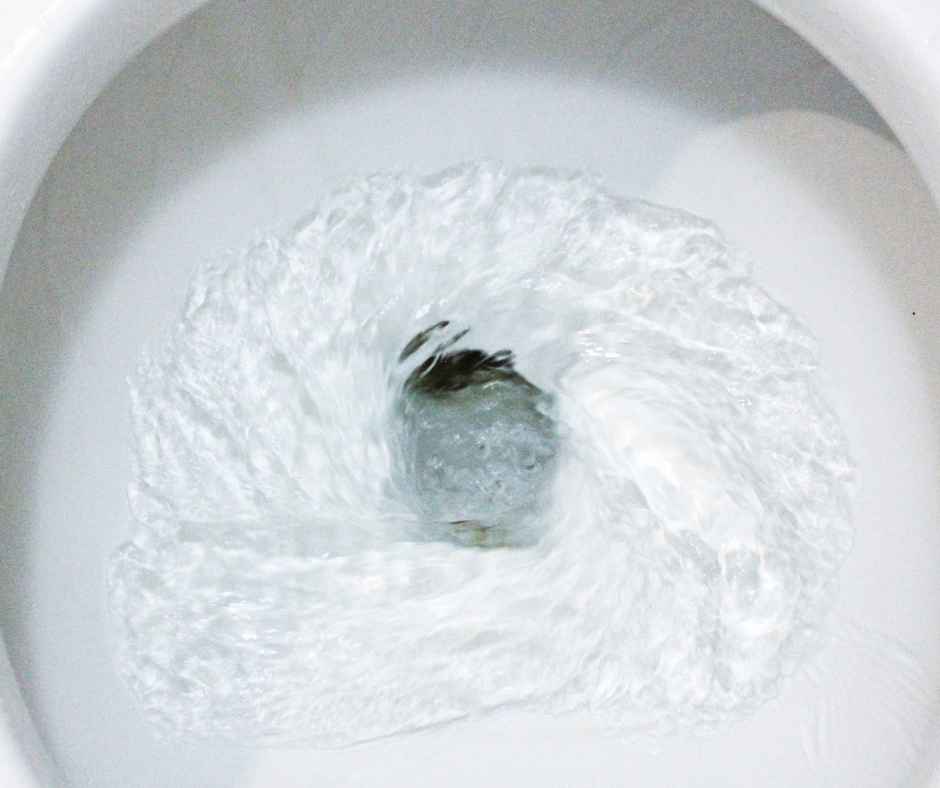
Why Ignoring Small Plumbing Noises Can Lead to Major Damage in Rock Hill Homes
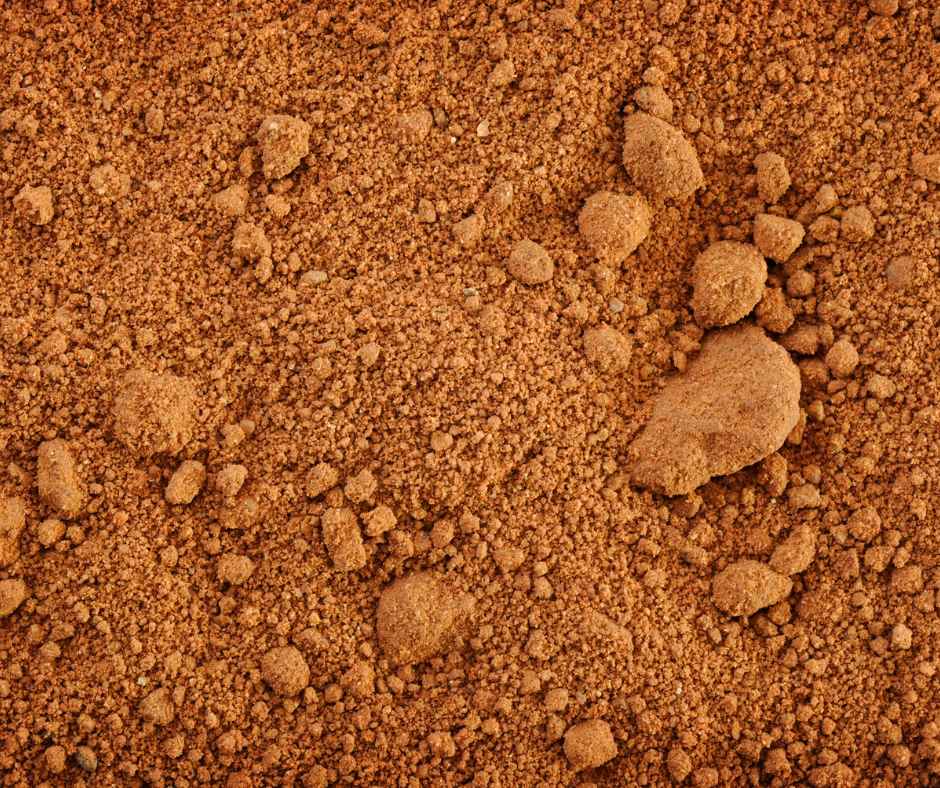
The Hidden Effects of Carolina Clay Soil on Your Sewer Line

Common Plumbing Problems Charlotte Homeowners Face Each Year
Have a Question?
